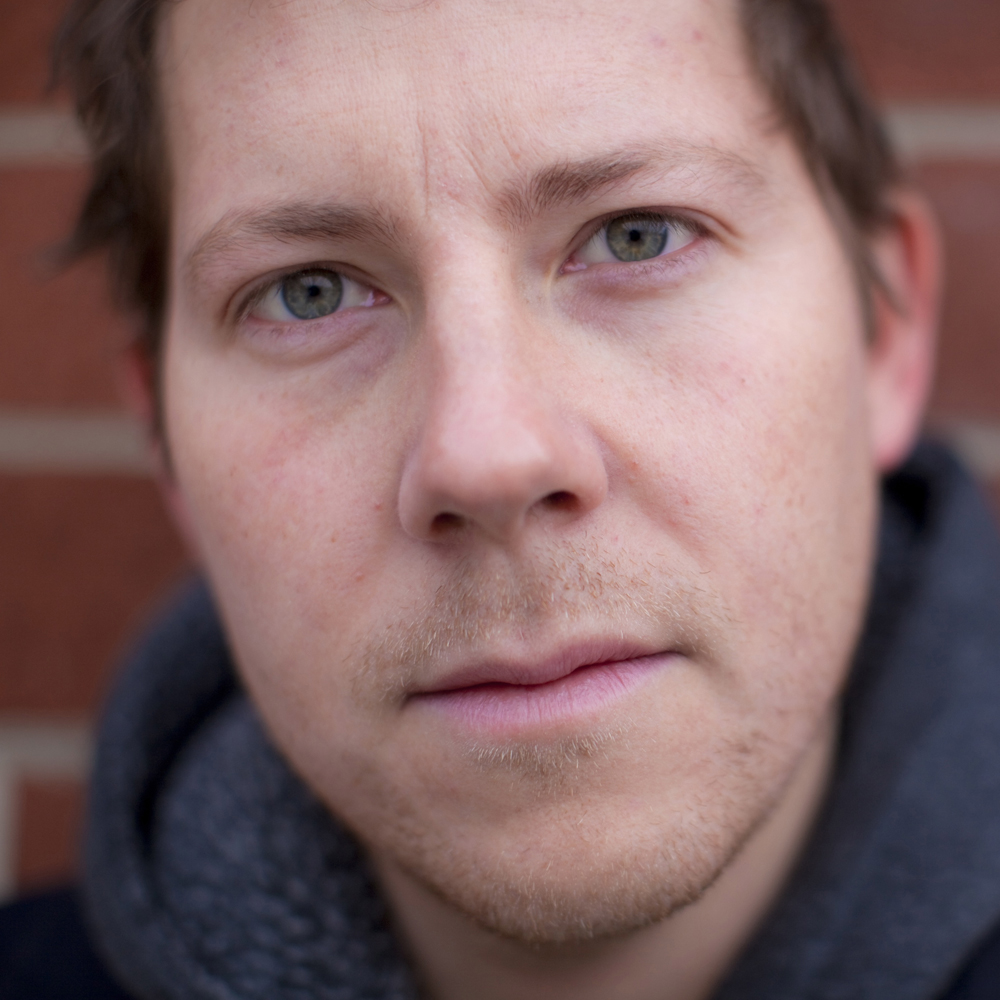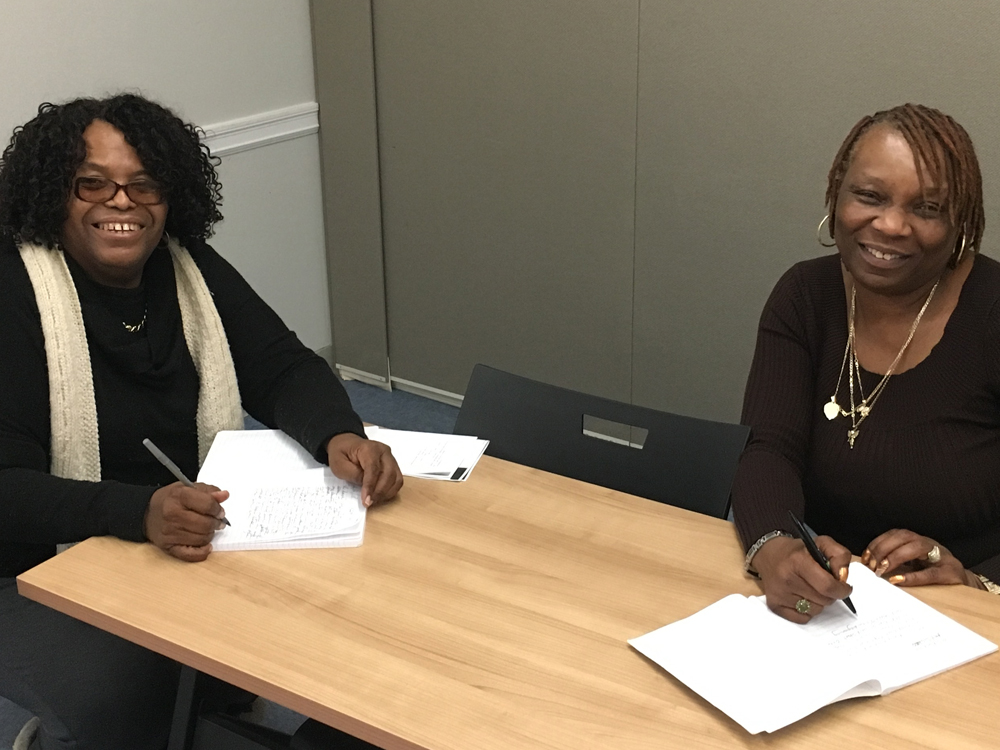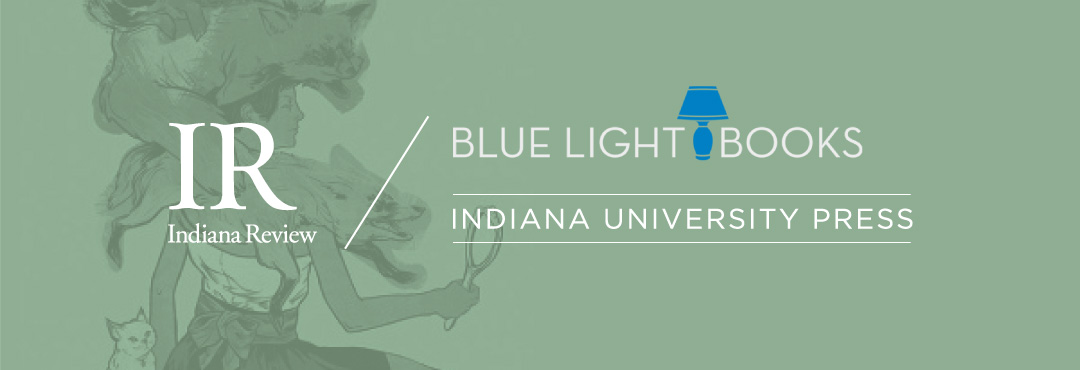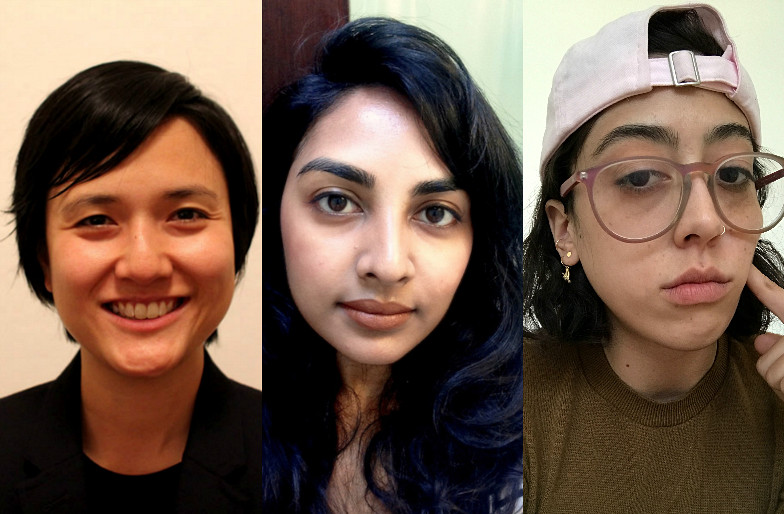Jon Sands on Workshops at Bailey House
Jon Sands is the author of The New Clean (Write Bloody Publishing, 2011), as well as the cohost of The Poetry Gods podcast. His work has been published widely, and anthologized in The Best American Poetry. He is a youth mentor at Urban Word NYC, and teaches creative writing for adults at Bailey House in East Harlem, New York. Sands is a recent MFA graduate in fiction from Brooklyn College, where his work won the Himan Brown Award for short stories. He has represented New York City multiple times at the National Poetry Slam, and lives in Brooklyn, New York.
 How did your work at Bailey House begin? What drew you there?
How did your work at Bailey House begin? What drew you there?
I teach workshops at Urban Word NYC, where, in 2009, I met the son of then Bailey House CEO, the late Gina Quattrochi. She was an absolute force, and spent her whole adult life fighting for the rights of people with HIV/AIDS, specifically those who were homeless or housing insecure. She ran this huge agency providing on the ground services to some of the city’s most vulnerable populations. Gina and I got coffee, and she told me, “There are so many stories under our roof that aren’t getting told.” She knew she wanted poetry—specifically its capacity to humanize, break down barriers, and build communities—to be fully integrated into Bailey House culture. That kind of agency-wide strategic and financial buy in to the arts, in the public health world, is not to be taken for granted. She was a real visionary.
What has been the key to sustaining such a long-running program?
Consistency. It’s important that an organization is down for the long haul of a program. Clients have to be able to count on the fact that it’s every week, at the same time, no matter what. But then, most importantly, it has to involve a worthwhile product. Every week there’s a new prompt, new game plan, unless we have a guest, and this is one of the major keys: we’ve been blessed at this point to have had an unreal line-up of readers, Pulitzer Prize winners, poetry slam champions, MacArthur geniuses; it’s important that our authors see that the work they’re creating at Bailey House is connected to a larger movement. I remember when Willie Perdomo visited to read poems and answer questions, and there was this woman in the client waiting area with a great smile, but she was shy and kind of new to the space. I asked her if she wanted to join, and she said she wasn’t a writer, and didn’t read poetry. I promised she’d like it, and told her she wouldn’t have to say anything, and she kind of half smiled and rigidly agreed. Five years later, she’s been there almost every week, and she’s filled four notebooks with important, impressive work. It really becomes about how you coax people into the door, because you never know whose life it’s going to change.
 Are there any techniques you employ to encourage shy or reluctant writers to open up?
Are there any techniques you employ to encourage shy or reluctant writers to open up?
I try to bring in poems that demonstrate both vulnerability and craftsmanship. I make it clear that our number one goal is not to “figure out” what the author means, our goal is to find as many ways as possible to look at what’s happening. I think some people have been preconditioned to think poetry is not for them because they don’t “get it” in the way they assume it’s meant to be “gotten.” I teach that we have to trust what it is we do “get,” and once we do that—once we allow our own personal narratives to be at play in how we understand a poem—then the conversation can go to some interesting places; the poem becomes a tool through which we process our own lives. So, you become a more seasoned reader, a more empathetic person, hopefully, but also the author is pushing you to partake in the telling, to write your own brave and urgent work. I also think a lot of readers are genuinely surprised to find out how many poems out there really speak to them. I feel like we’re in a golden age of poetry, and it’s ready-made for the masses, we just have to carve out the space for poetry to find readers.
What has been your most rewarding experience as a teacher? As an artist?
Every year, we publish in-house books of the best poems from the program, and there’s always this agency-wide release party. The clients invite family and community members, but also the staff gets this entirely new way of seeing the people they serve. Stigma is an important buzzword, the stigma of HIV, or injection drug use, or homelessness; but it has such limitations. Many of the clients, long before they walk through that door, have learned not to define themselves by the often difficult situations they’ve been placed in. But it’s undeniable that writer, artist, storyteller, these are positive labels that put value on, not just the story, but the storyteller. Art humanizes the self to the self. That’s important, culture shifting work, and it’s a testament to how creativity challenges the human spirit. That’s certainly been true in my life, and to be able to witness that in the lives of students, in thousands of minuscule ways, and to witness the way in which personal growth, in the presence of others, is the binding glue of community, it’s one of the most significant joys in my life.
Support for the Readings & Workshops Program in New York City is provided, in part, by public funds from the New York State Council on the Arts, and the New York City Department of Cultural Affairs, with additional support from the Frances Abbey Endowment, the Cowles Charitable Trust, and the Friends of Poets & Writers.
Photos: (top) Jon Sands (Credit: Jonathan Weiskopf). (bottom) Bailey House workshop participants (Credit: Jon Sands).





